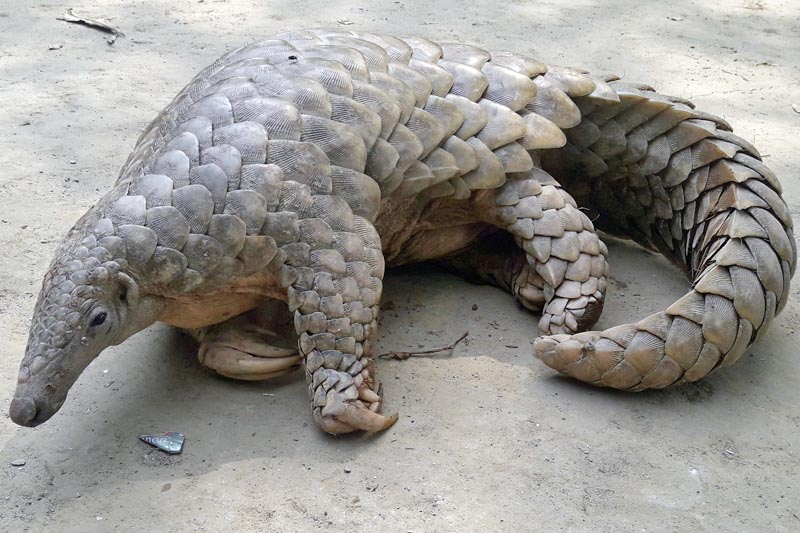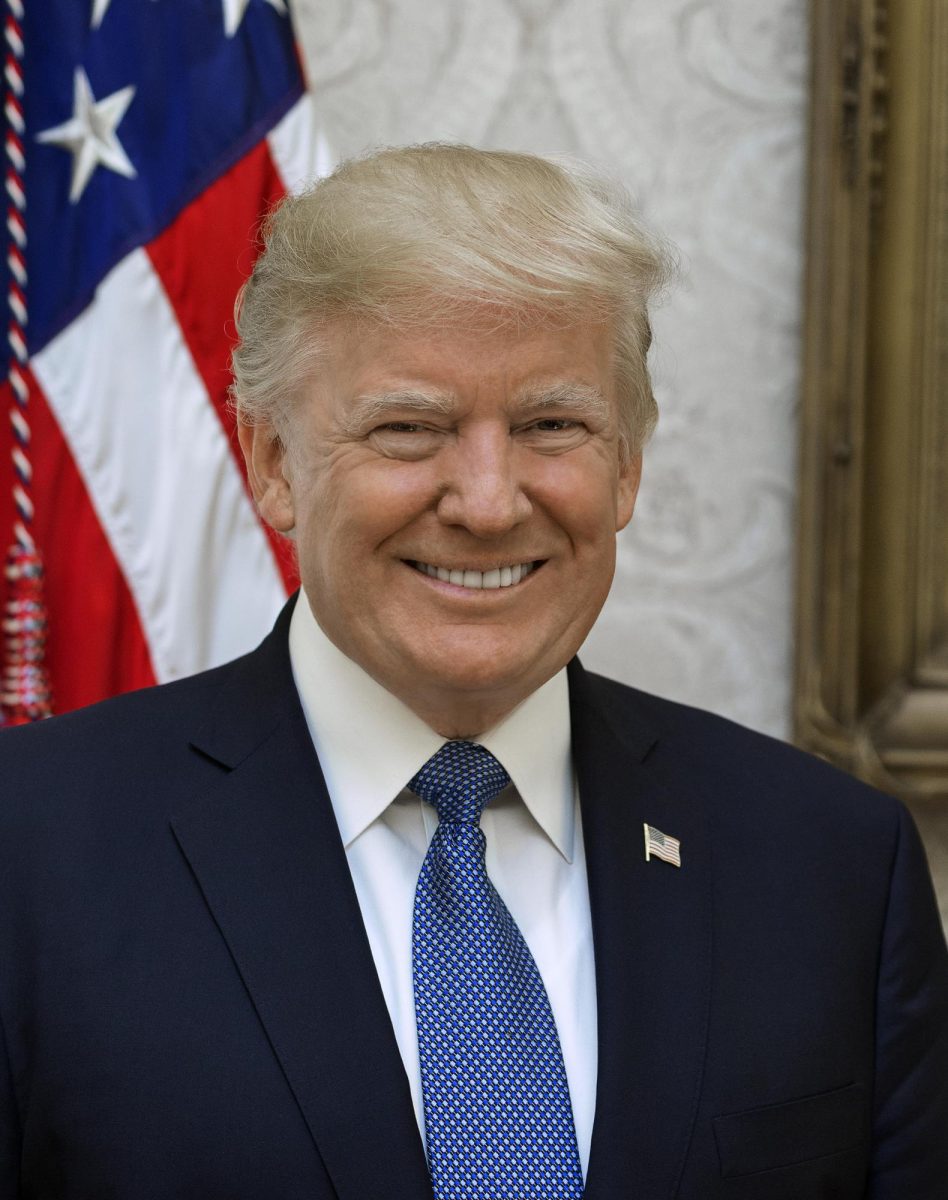Hong Kong and the Illegal Wildlife Trade
February 15, 2019
Hong Kong has been a prevalent source for the flow and distribution of exotic animal products, including products such as elephant ivory and pangolin scales, for as long as anyone can remember.
Pangolins have recently surfaced as the newest animals to fall victim to Hong Kong’s wildlife trade. Pangolins are from most Asian regions and their meat and scales are delicacies in China. This recent influx of pangolin trade has caused four of the eight species to become endangered.
According to the Hong Kong Wildlife Trade Working Group, Hong Kong’s territory has more pangolin seizures than any other surrounding Asian country. The United Nations Office on Drugs and Crime has determined that pangolin seizures have nearly doubled from 2017 to 2018, with 2019 continuing to contribute to this increase.
Hong Kong officials have seized more than $71 million of wildlife contraband over the course of the past five years. The industry continues to expand, with officials estimating that the hidden industry is close to a billion-dollar ordeal.
The animal trade that travels through Hong Kong has been shown to go to China, where products are then sold in districts and shops on the mainland.
Regular customers of such exotic shops appear to have no issue with the distribution of illegal animal products.
One customer who asked about the pangolin scales for sale in one China shop commented, “We sell a lot, and we’ve been doing this business for a long time.”
Conservationists and collective organizations are attempting to establish reforms in an attempt to shut down the distribution of illegal animal parts. In 2018, Hong Kong banned the sale of ivory. This was a huge step toward reform and has dwindled the sale of ivory in Asia.
While Hong Kong’s reforms have not all proven to diminish the illegal traffic in animal parts, their efforts are significant steps being taken in order to limit animal trade.












